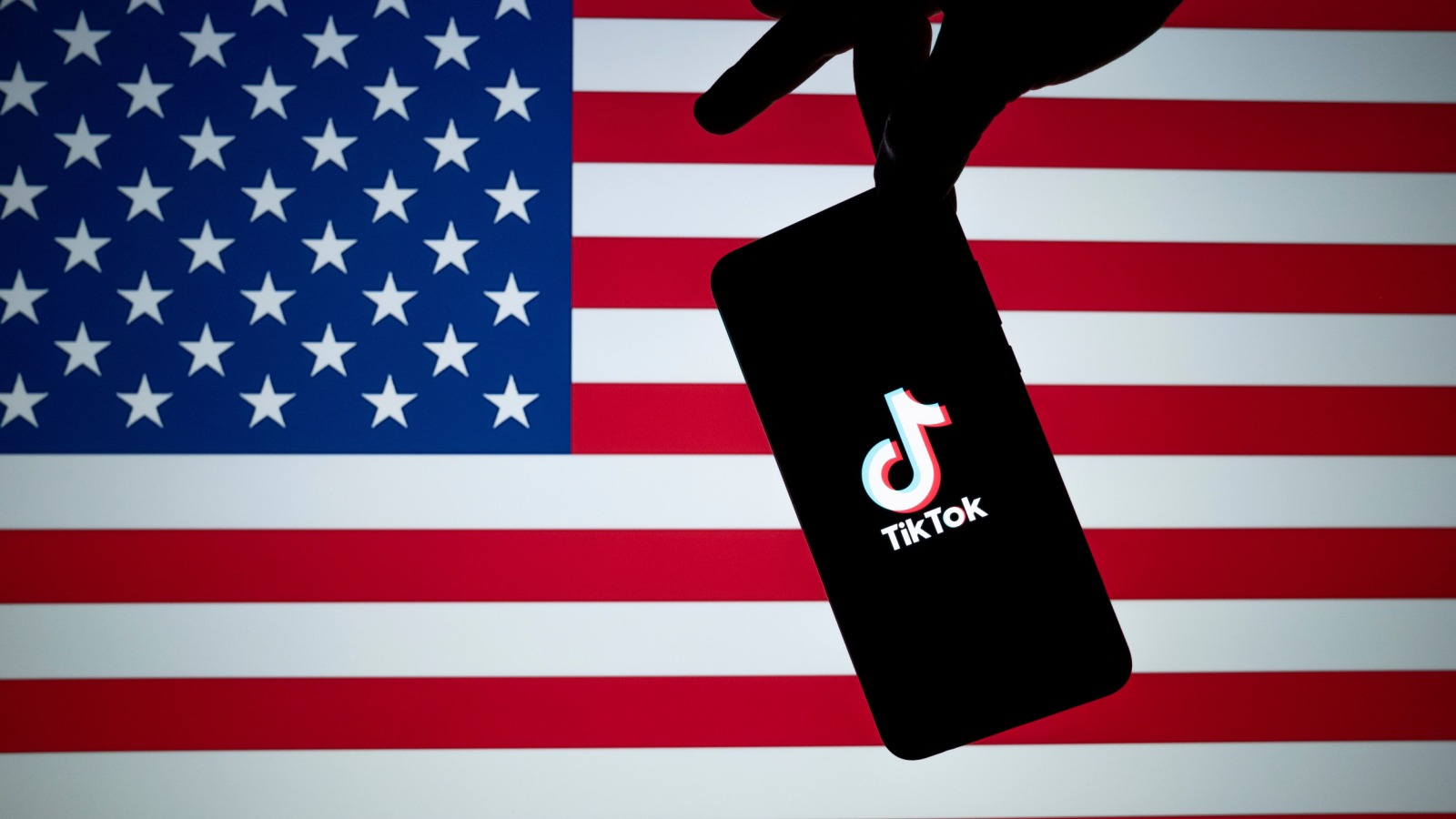
A potential TikTok Ban is currently in the early phases of the legislative process. Indeed, the House Energy and Commerce Committee passed a bipartisan bill on Thursday, dubbed the “Protecting Americans from Foreign Adversary Controlled Applications Act,” that could result in ByteDance, TikTok’s parent company, selling the video-sharing platform or seeing it banned in the United States.
While this marks the first serious effort to restrict access to the app on a federal legislative level, TikTok has been controversial among lawmakers for some time. Indeed, last year, FBI Director Christopher Wray testified before Congress that TikTok is an instrument of the Chinese government.
Many have expressed concern over the Chinese Communist Party’s (CCP) use of TikTok to influence elections in the U.S., especially the use of Americans’ data to promote certain agendas. Though TikTok has denied sharing data with the CCP.
If passed, the bill would make it possible for the president to single out applications deemed under the control of adverbial countries to the U.S. as national security threats. If identified as such, the app would be banned from app stores and web hosting services until it cuts all ties with the adversarial country within about six months.
Ironically, just last month, President Joe Biden joined TikTok in an effort to promote his 2024 presidential campaign.
Will the TikTok Ban Be Signed Into Law?
The bill still has a long road ahead of it before it could be signed into law. Indeed, the bill has only passed the first round of voting in one House committee. It still needs to be debated on the wider House floor, then introduced to the Senate, and then, if passed by both legislative branches (which is a big “if”), can be signed — or vetoed — by President Biden.
At one point, former President Donald Trump tried to ban TikTok via an executive order, though courts quickly blocked the move after TikTok sued on the grounds that it would violate free speech and due process rights. TikTok has taken a similar position in regard to the current bill in Congress:
“This bill is an outright ban of TikTok, no matter how much the authors try to disguise it. This legislation will trample the First Amendment rights of 170 million Americans and deprive 5 million small businesses of a platform they rely on to grow and create jobs.”
TikTok has also attempted to mobilize its users against the bill.
On the date of publication, Shrey Dua did not hold (either directly or indirectly) any positions in the securities mentioned in this article. The opinions expressed in this article are those of the writer, subject to the InvestorPlace.com Publishing Guidelines.






